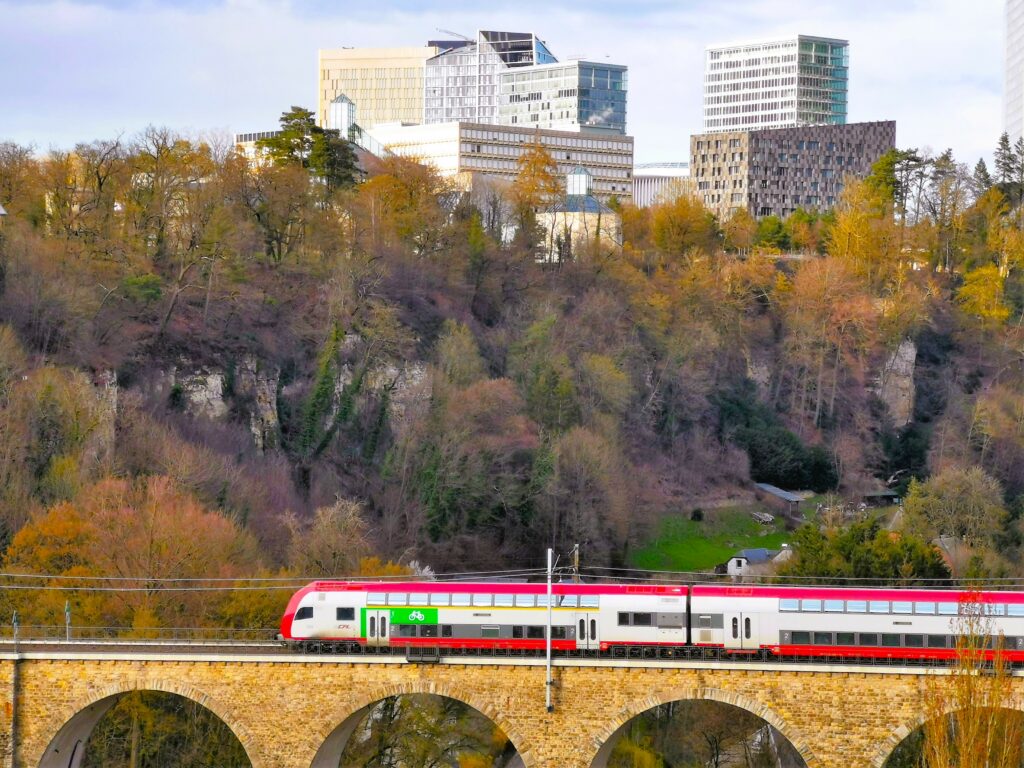Luxembourg looks back at 3 years of free public transport
Luxembourg was the first country in the world to implement free public transport to the capital’s 36 million travellers
Luxembourg has been the first country in the world to implement free public transport across the entire country. The measure targets locals and commuters from neighbouring countries. But it also represents a great opportunity for foreign visitors who can venture all across the country without worrying about the cost of transportation.
The implementation of free public transport goes back to 2020. And it has been applied to all types of transportation in the country, from busses and tramways in Luxembourg City to public transport in other towns as well as intercity trains and busses. The only exception to this free scheme is passengers wishing to travel in first class trains who still need to pay.
It is still difficult to fully assess the impact of free public transport on travellers’ demand. The flagship measure launched in early 2020 was hit by a lockdown due to the Covid-19 pandemic, less than three months after being launched. Remote working also reduced the use of transport.
After two years – 2020 and 2021 – strongly affected by the pandemic, the year 2022 is close to pre-pandemic levels of traffic on the rail network. According to data from Luxembourg Ministry of Mobility and Public Infrastructure, over 50 million of travellers use public transport across the country.
More improvements inside Luxembourg and its neighbouring countries

Recent improvements in Luxembourg rail connectivity have taken place in infrastructure to the South of the country and to France (Luxemburg-Bettembourg-Thionville)
More investments are due to come. A very important link will be the 2024 connection to the airport by tramway to Luxembourg City European District (Kirchberg Plateau) and to the City Central Station. From 2035, the transport extension will include a “high-speed tram” connecting the city to the country’s second largest city Esch-sur-Alzette.
Another project is the modernisation of the rail line between Luxembourg and Brussels with new tracks and improved rolling material. The objective is to reduce the three-hour travel time to 2 hours and 30 minutes by 2027 and to just two hours by 2030.
